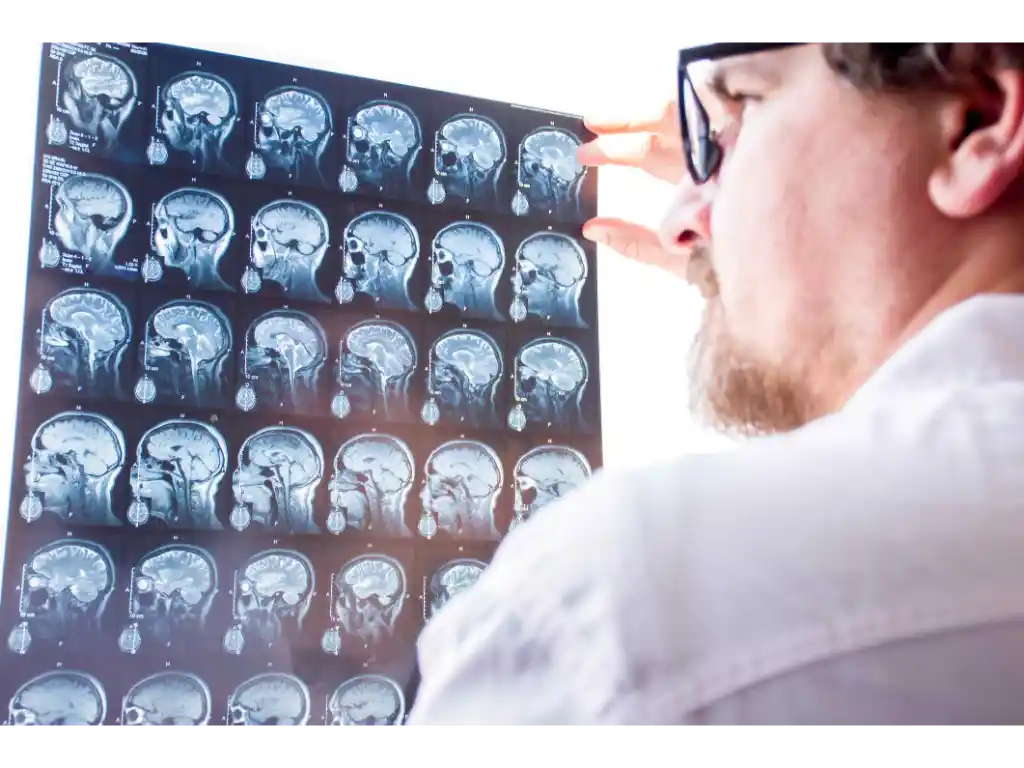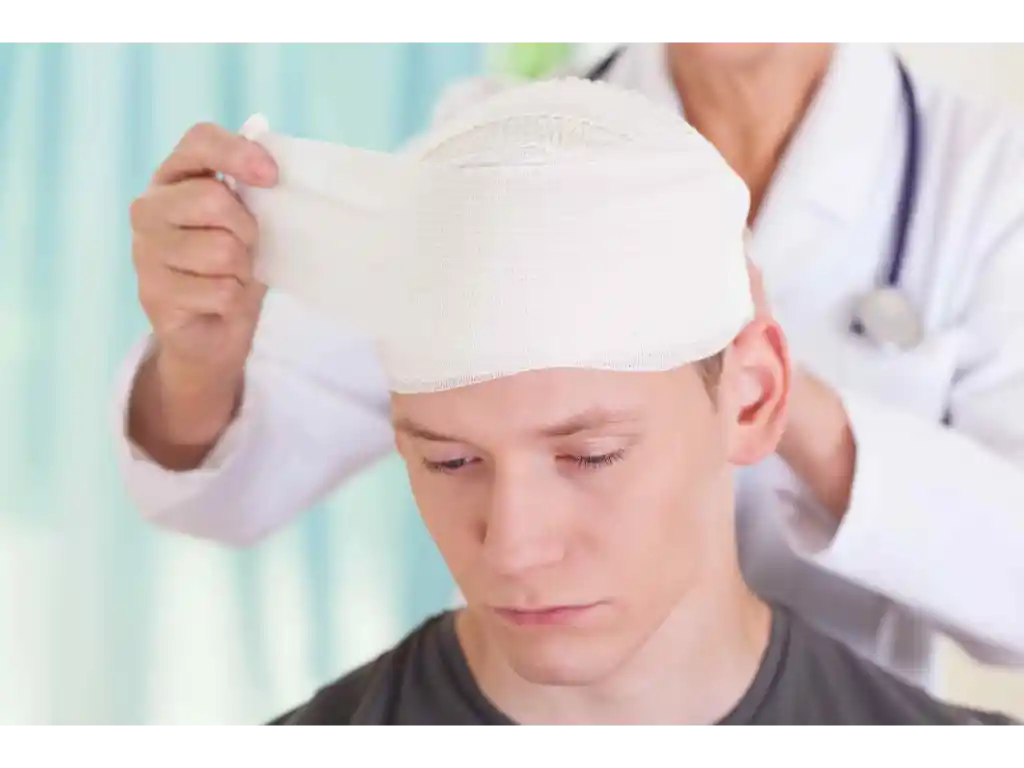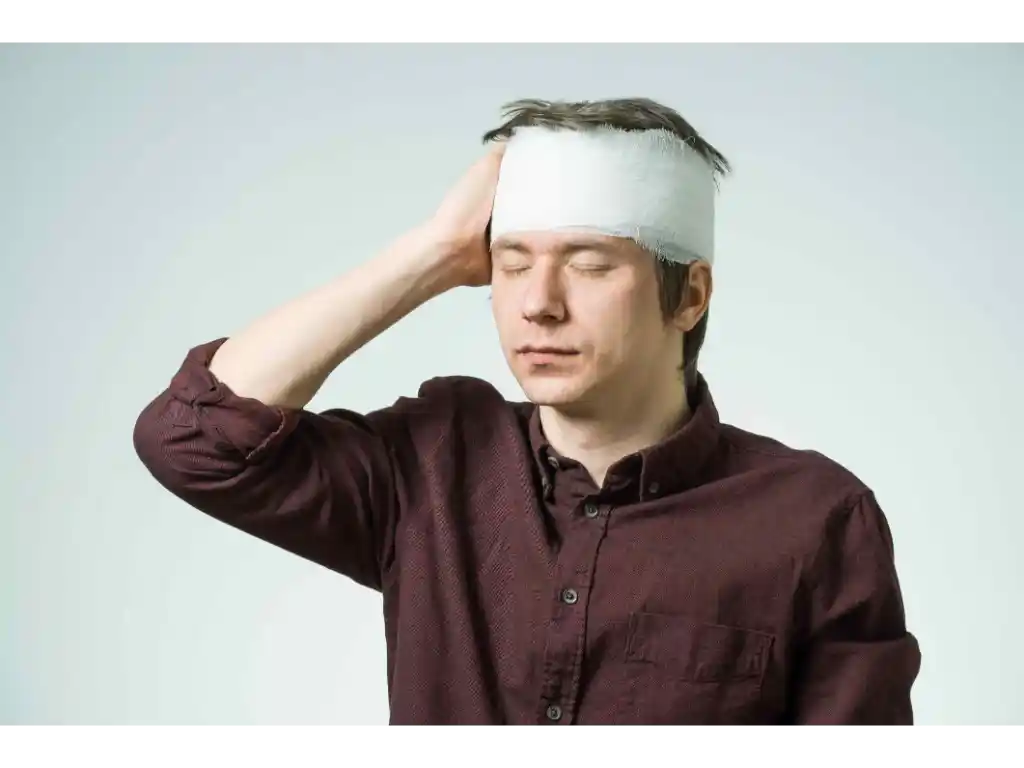
Is a Neuropsychological Exam Necessary After Suffering a Brain Injury?
After a person suffers a minor or severe brain injury, doctors often use MRI or C.T. scans to help identify lesions and determine if there is any neurocognitive dysfunction. However, even with a C.T. scan or MRI, doctors might not be able see all of the neurocognitive dysfunctions and legions in an injured brain. In cases where it’s difficult to get an accurate C.T. scan or MRI, doctors might recommend neuropsychological testing to help them gain a better understanding of any neurocognitive issues a person with a brain injury might be experiencing and how to adequately treat them.
How Does a Neuropsychological Exam Work?
A doctor called a neuropsychologist will have the person with a brain injury perform written and verbal tests. The neuropsychologist might also test the injured person’s ability to manipulate their hands and fingers. A neuropsychological exam usually takes a day, sometimes two days to complete.
The tests gauge the injured person’ s memory, attention, processing, and speed by assessing how long it takes them to do various tasks. Neuropsychological tests also assess a person’s reasoning ability, judgment, problem solving, and spatial skills, as well as their language skills and ability to read.
The results of a neuropsychological exam are compared with results from others of the same sex, age group, race, and education to help figure out the root of any neurocognitive dysfunctions. These tests also help doctors rule out if the neurocognitive dysfunction is the result of the brain injury or if it is the result of the normal aging process or a psychological disorder like depression or anxiety. The tests also help doctors understand the extent of the issue, how the neurocognitive functioning is affected, and which parts of the brain are impacted.
Neuropsychological tests also help doctors treating patients with brain injuries determine a baseline for future testing and understand which types of treatments can help improve the symptoms. This type of testing also helps doctors provide guidance to the patient’s other treating doctors how best to offer treatment and what kind of treatment options are available for the patient’s particular problem.
Our Talented Brain Injury Lawyers Serve Clients Across San Francisco & the Bay Area
At Scarlett Law Group, we take great pride in our ability to help clients navigate and successfully resolve lawsuits for traumatic brain injuries. While many brain injury survivors fail to receive adequate compensation because their attorneys lack the experience and insight to properly analyze, prepare, and present a legitimate claim, our award-winning law firm has secured some of the largest verdicts in history on behalf of clients who sustained these types of debilitating injuries.
Whether you suffered a moderate or severe brain injury in a car accident, motorcycle accident, aviation accident, or any other incident arising from another person’s negligence, Scarlett Law Group is here to help you understand all of your rights under the law. We are committed to making your life easier during this difficult time, so turn to us to handle all the complicated aspects of your case.
If you would like to request a FREE initial consultation with one of our brain injury lawyers, then please call us today at 415-688-2176 or fill out our online form.
Ask A Question,
Tell Us Your Situation, &
Get A Free Consultation
Contact Us & We’ll Guide You Through Your
Next Steps!
Required Fields*
Your Information Is Safe With Us.
We respect your privacy. The information you provide will be used to answer your question or to schedule an appointment if requested.
Is a Neuropsychological Exam Necessary After Suffering a Brain Injury?

After a person suffers a minor or severe brain injury, doctors often use MRI or C.T. scans to help identify lesions and determine if there is any neurocognitive dysfunction. However, even with a C.T. scan or MRI, doctors might not be able see all of the neurocognitive dysfunctions and legions in an injured brain. In cases where it’s difficult to get an accurate C.T. scan or MRI, doctors might recommend neuropsychological testing to help them gain a better understanding of any neurocognitive issues a person with a brain injury might be experiencing and how to adequately treat them.
How Does a Neuropsychological Exam Work?
A doctor called a neuropsychologist will have the person with a brain injury perform written and verbal tests. The neuropsychologist might also test the injured person’s ability to manipulate their hands and fingers. A neuropsychological exam usually takes a day, sometimes two days to complete.
The tests gauge the injured person’ s memory, attention, processing, and speed by assessing how long it takes them to do various tasks. Neuropsychological tests also assess a person’s reasoning ability, judgment, problem solving, and spatial skills, as well as their language skills and ability to read.
The results of a neuropsychological exam are compared with results from others of the same sex, age group, race, and education to help figure out the root of any neurocognitive dysfunctions. These tests also help doctors rule out if the neurocognitive dysfunction is the result of the brain injury or if it is the result of the normal aging process or a psychological disorder like depression or anxiety. The tests also help doctors understand the extent of the issue, how the neurocognitive functioning is affected, and which parts of the brain are impacted.
Neuropsychological tests also help doctors treating patients with brain injuries determine a baseline for future testing and understand which types of treatments can help improve the symptoms. This type of testing also helps doctors provide guidance to the patient’s other treating doctors how best to offer treatment and what kind of treatment options are available for the patient’s particular problem.
Our Talented Brain Injury Lawyers Serve Clients Across San Francisco & the Bay Area
At Scarlett Law Group, we take great pride in our ability to help clients navigate and successfully resolve lawsuits for traumatic brain injuries. While many brain injury survivors fail to receive adequate compensation because their attorneys lack the experience and insight to properly analyze, prepare, and present a legitimate claim, our award-winning law firm has secured some of the largest verdicts in history on behalf of clients who sustained these types of debilitating injuries.
Whether you suffered a moderate or severe brain injury in a car accident, motorcycle accident, aviation accident, or any other incident arising from another person’s negligence, Scarlett Law Group is here to help you understand all of your rights under the law. We are committed to making your life easier during this difficult time, so turn to us to handle all the complicated aspects of your case.
If you would like to request a FREE initial consultation with one of our brain injury lawyers, then please call us today at 415-688-2176 or fill out our online form.
Post tags
Table of contents
Related Blog Posts

Traumatic Brain Injury May Be a Risk Factor for Schizophrenia
Mental disorders are one of the most common outcomes of traumatic brain injury (TBI). About 1 in 3 individuals who sustain a TBI will develop depression in the following six months, and about half will…

Noise Sensitivity Following Mild Traumatic Brain Injury is a Predictor of Long-Term Post-Concussive Symptoms
The symptoms associated with mild traumatic brain injury (mTBI), also called concussion, typically resolve within a few weeks. One of the most common symptoms is noise sensitivity, which can cause discomfort and distress in loud,…

Repeated Traumatic Brain Injury Increases Risk for Epilepsy
Epilepsy is a neurological disorder that causes seizures. While many people with epilepsy are born with the condition, some develop it after sustaining a traumatic brain injury (TBI), which can cause significant disruptions in neurological…

